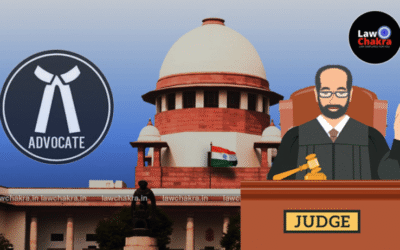BNS Section 41: When Private Defense of Property Justifies Causing Death
When the right of private defence of property extends to causing death
The right of private defence of property extends, under the restrictions specified in section 37, to the voluntary causing of death or of any other harm to the wrong-doer, if the offence, the committing of which, or the attempting to commit which, occasions the exercise of the right, be an offence of any of the descriptions hereinafter enumerated, namely:
(a) robbery;
(b) house-breaking after sun set and before sun rise;
(c) mischief by fire or any explosive substance committed on any building, tent or vessel, which building, tent or vessel is used as a human dwelling, or as a place for the custody of property;
(d) theft, mischief, or house-trespass, under such circumstances as may reasonably cause apprehension that death or grievous hurt will be the consequence, if such right of private defence is not exercised.
Example 1 :
Rakesh is trying to set Vijay’s house on fire. Here, Vijay can use deadly force to stop Rakesh, without being held guilty.
Key Points of BNS-41:
- Serious Offences: The right to private defence of property allows for the use of force, even causing death, under specific serious conditions. These conditions include:
- Robbery: When property is taken unlawfully using or threatening violence.
- House-breaking After Sunset and Before Sunrise: When someone unlawfully enters a property with the intent to commit a crime during the night.
- Mischief by Fire or Explosive Substance: When fire or explosives are used to destroy buildings or vessels used for living or storing property.
- Theft, Mischief, or House-Trespass: When these crimes are accompanied by a reasonable fear that failing to use force will result in death or grievous injury.
- Right to Use Force: In the situations outlined above, the individual defending their property has the right to use any form of force, including potentially lethal force, to protect it. However, the force must be proportional to the threat and necessary to prevent harm to the property or the individual.
- Restrictions in Section 37: The right to defend property is subject to the following restrictions, as specified in BNS-37:
- Proportionality: The harm caused must not exceed what is necessary to defend the property.
- Reasonable Fear: The right to use force is only applicable when there is a reasonable apprehension of death or grievous hurt.
Definitions:
- Robbery: Theft involving violence or the threat of violence.
- House-Breaking: Unlawful entry into a building with the intent to commit a crime, particularly during the night.
- Mischief by Fire or Explosive Substance: Destruction or damage caused by fire or explosives, particularly when it threatens life or property.
- Theft, Mischief, or House-Trespass: Unauthorized taking, damaging, or entry into property, where there is a reasonable fear of significant harm.
Conclusion:
BNS-41 grants individuals the right to defend their property, including with force that may lead to death, in cases of serious offenses like robbery, house-breaking, or the use of fire or explosives. However, this right is balanced by the principles of proportionality and reasonable fear, ensuring that any defensive action


